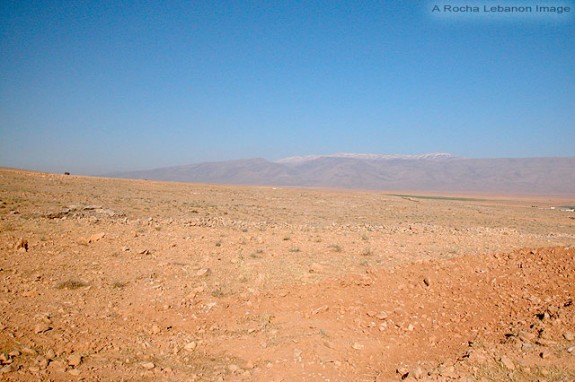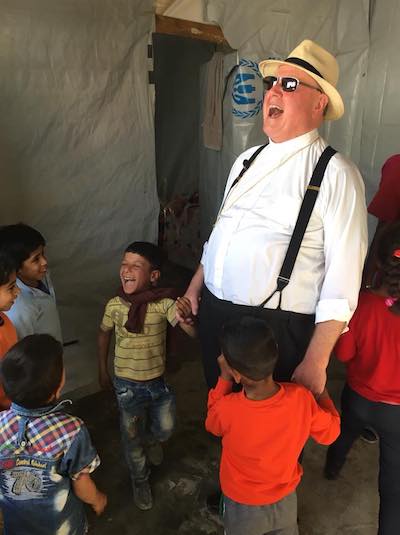Since we often consider Lent to be time spent in the desert, it’s instructive to read what it’s really like to live in a land blighted by drought.
Journalist Don Duncan reflects on life in Lebanon. Think Lent is hard? Think again:
Within a few weeks of my initial move, the hot summer season was firmly in place and the steady supply of water I had come accustomed to became less and less steady. I had just about gotten used to the daily three-hour power cuts, which rotate on a scheduled basis, when I would wake up to find my kitchen tap and shower dry. Water cuts, it seemed, were much less predictable than electricity cuts and so were much harder to get accustomed to. Cuts would happen sporadically and last many hours, sometimes entire days, and the worst was that I never knew, once the water was cut, how long it would be before it would come back on so that I could carry on my household chores. In the meantime, the sink would progressively fill with dirty dishes, laundry would sit unwashed and, worst of all, in the searing, humid Beirut heat, I would have to manage without a shower and feel hot and nasty indefinitely.
The situation became unbearable and I began to try out some solutions. I would buy water bottles in bulk and boil them in big saucepans on the gas stove to do the dishes and laundry. I’d warm up water and give myself a sponge bath in the shower to feel fresh again. It wasn’t the same, and it was really time-consuming.
Then I began to see how Beirutis did it. The rich ones had big reservoirs in their buildings which would be filled by private providers as part of the hefty building charges they paid every year. The poor would resort to pulling water from wells or taking a plunge in the ocean to keep clean. Those in between, many of them my neighbors, would manage by saving and rationing their water and when that ran dry, they’d pay a private water provider who would come and pump water he had taken from a spring up in the mountains. He’d come along in his mini-tanker truck and connect its hose to their water tanks. For a set price, he would pump a thousand to two thousand liters, to be rationed over as long a period as possible.
Read it all at the CNEWA blog, One-to-One. And read more about what is being done to help the people of Lebanon in ONE magazine (wherre — full disclosure — I serve as Executive Editor.)












